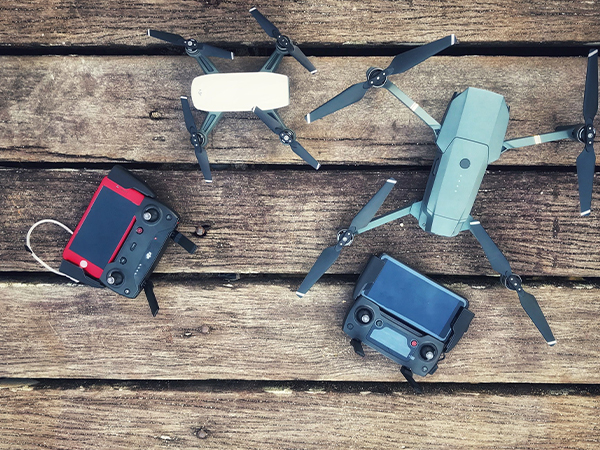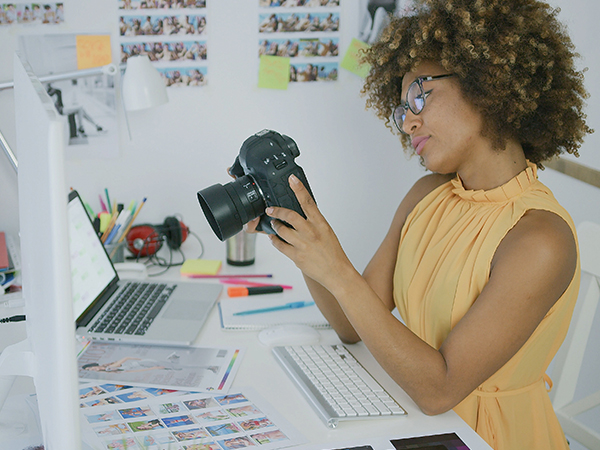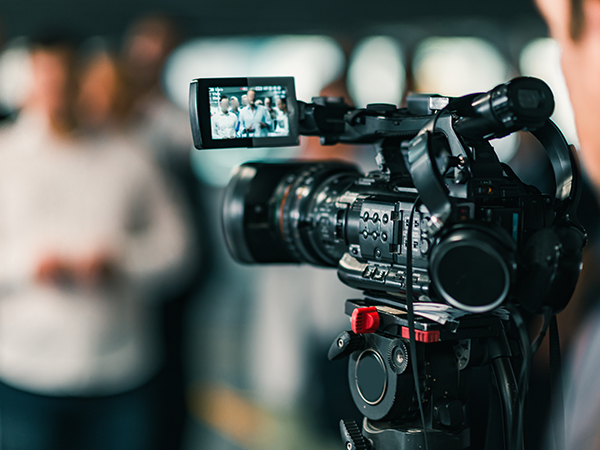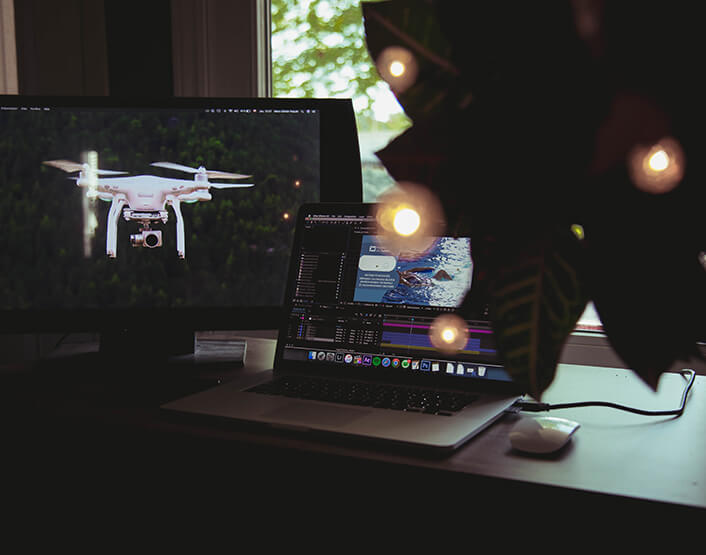If there’s one thing we learned about negotiating with drone videography companies, it’s always to deal with them in a relax and calm manner. Being too demanding or too entitled can lead to a bad working relationship between the videographer and you, the client. Always go to the negotiating table with a clear mind and a respectful attitude, and you should be fine.
Be clear about your goals and intentions
What are the goals of your videos? What does it intend to happen? What kind of influence should the output have on your business? During the first meeting with the videographer, be as clear as possible about the goals of the video.
He should realize that this is no ordinary video that he’s making and that he needs to focus on the composition of the message and the visuals.
Keep an open mind to suggestions and clarifications
Your drone videography pilot will have some idea about how to create your video. He has been in the industry far longer than you have. He has seen many kinds of videos and their effects on a business. He would have developed ideas and strategies and it is okay to listen to them.
In fact, it is advisable to hear the suggestions of a videographer, someone who has seen and done many of the same kinds of videos you will require of him. Who knows? Maybe he would even improve your project.
Don’t be such a cheapskate
When negotiating with a videographer, though you can ask for some concessions and discounts, try not to be a cheapskate and ask for more than what you think you deserve to be given.
As much as we want to stay within our budget, we should be respectful of the skills and work of others and be as professional as we can be when asking for concessions.
Though some videographers are more than happy to provide discounts or to offer more services, don’t be the one to pressure the videographer to give more than what he’s willing to give.
Keep the communication lines open
Even after you have signed the contract, you should keep the communication lines open. Your videographer will surely ask more questions about the project—the content, the images, the composition, etc.
Try to be as available as possible because this is a project that involves both the client and the videographer. You have more to lose than the one making the video.






